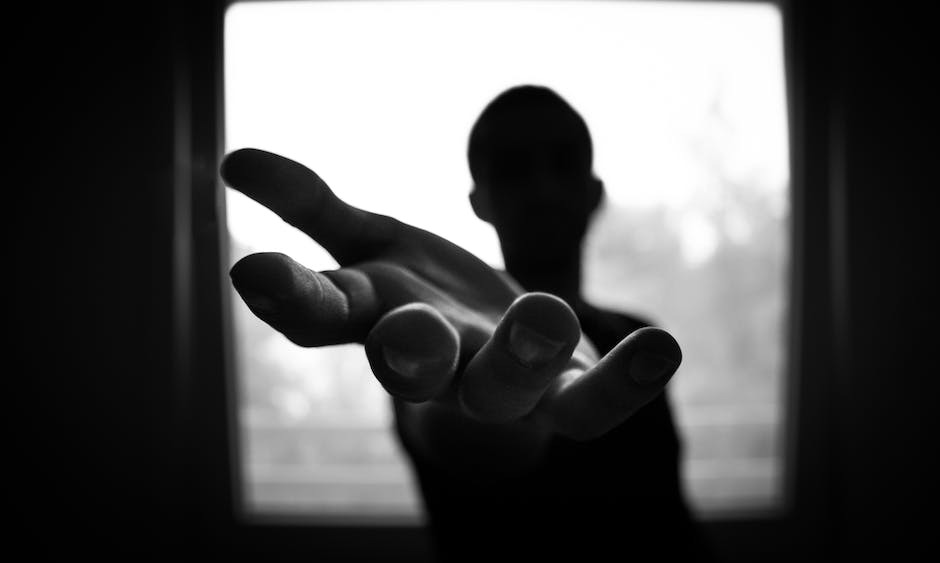Addiction is a disease that affects people of all genders and ages. Despite men being more likely than women to develop substance use disorder (SUD) and require treatment for recovery, there is still a stigma surrounding addiction that prevents many men from seeking help.
As a matter of fact, only about ten percent of men with addiction seek addiction treatment at all. In other words, there are potentially hundreds of thousands of men who require professional assistance for recovery but are not seeking help. This may be because they’ve been taught by society not to talk about their feelings or ask for help when they need it most.
Barriers to Addiction Treatment for Men
There are a number of barriers that prevent men from seeking help. First and foremost, the stigma associated with mental health problems and addiction can make it difficult for a man to acknowledge his own struggles, let alone seek treatment. Men may be reluctant to admit they need help because they fear being seen as weak or different from other men.
Feelings of Shame
Additionally, feelings of shame can act as a barrier. Shame is an intense feeling of embarrassment or humiliation caused by something you did or said that was wrong or inappropriate. Shame can be especially prevalent for men with addictions, especially those who come from strict backgrounds. In turn, many men may not seek treatment due to shame.
Fear of being judged by others who don’t understand addiction, or being judged at all, can also affect men’s willingness to seek treatment. This fear may cause some men who struggle with addiction not only to avoid seeking help but also to stop attending support groups once they get there because they may fear judgment from other attendees.
Societal Expectations
According to societal expectations, men are supposed to be strong and stoic. In turn, they are less likely to ask for help when they need it.
Societal expectations have long dictated that men should be the breadwinners of their families. They must be the ones to fix things around the house and take care of their children. These gender stereotypes can be problematic, especially when men struggle with their mental health. These expectations can directly inform substance abuse, making it even more difficult to recognize their need for treatment.
Tips to Help Men Struggling With Stigma
To help you overcome these barriers, it’s important to be aware of them and understand that you are not alone. Additionally, seeking help from a professional can be instrumental in recovery. A good therapist will be able to help you identify the root causes of your addiction and provide effective strategies for overcoming them.
Finally, creating a support network of friends, family members, or other individuals who offer encouragement and support as you work toward recovery is crucial in helping men overcome their struggles with SUD and remain sober.
Many people who are struggling with SUD don’t know where to turn or aren’t sure how they can afford treatment. If you’re one of those people, don’t fret! It’s important that you take the first step by calling a hotline number like 1-800-662-HELP (4357), or you can contact us directly here at Buena Vista at (800) 922-0095.
Creating an Effective Social Network in Addiction Treatment
Having access to a supportive social network can enable men to seek the treatment that they need to recover. If you are struggling, talk to your friends and family about what you are going through and seek out other people who have been in your situation. Consider getting involved in a support group, such as Alcoholics Anonymous (AA), Narcotics Anonymous (NA), or Sex Addicts Anonymous (SAA). These organizations offer mutual aid for those struggling with SUD and sexual behavior disorders.
In addition to maintaining a connection with family and friends, it’s important to remain active in the world. A big part of recovery is staying connected with others who have been through similar experiences. This can be difficult for men because they may feel like their problems are too much for other people, so they withdraw from social situations or isolate themselves from others. Sharing your story with other people can be a powerful tool to help you heal. You’re not alone, and there are many others who have been through what you are experiencing now.
The fact is that many men do not reach out for help when they need it most. This is especially true when it comes to addiction treatment services. In fact, only about one-third of those who have SUD seek out professional treatment at all! While there are many reasons why people choose not to seek help, male gender norms often play a role. Participating in a treatment program that addresses your unique needs can be vital to achieving lasting recovery.
In order to overcome the stigma around addiction and get the treatment they need, men need to feel safe and supported in their recovery. This means having a strong social network of people who care about them, as well as access to resources like AA meetings or other 12-Step groups, so they can connect with others who have been through similar experiences. At Buena Vista, we want to help you create a safe place to face your addiction. You don’t have to go through this alone, even though it may feel like you do. Many other men are struggling, and you are not less of a man because you need help! For more information, call (480) 741-9414 or complete an insurance form.





